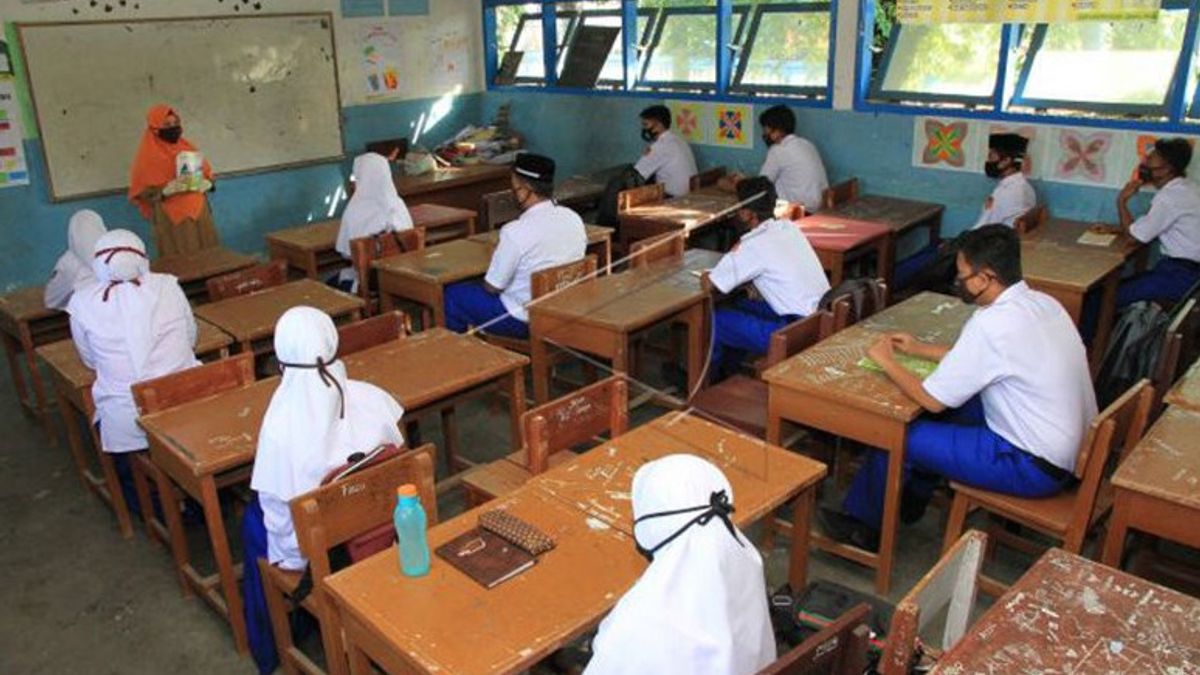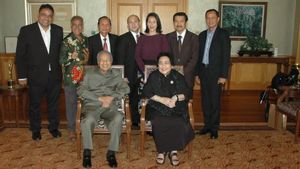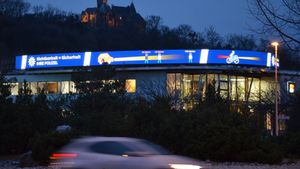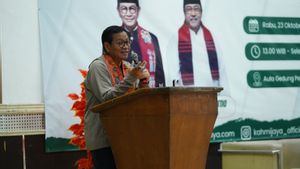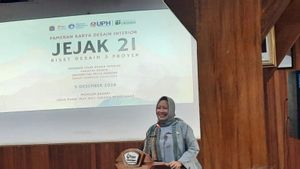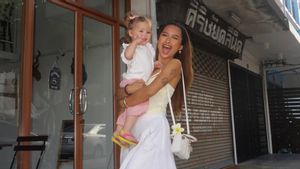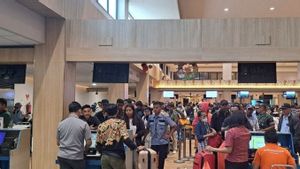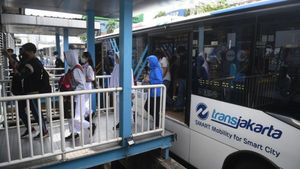JAKARTA - The government has officially implemented Emergency PPKM in Java and Bali from 3-20 July 2021. However, limited face-to-face schooling will continue according to the 4 ministerial decree.
Kemendikbudristek through the Directorate General of PAUD Dikdasmen still invites schools to open the option of Face-to-face Learning or Limited PTM during Emergency PPKM with several conditions.
"The government decided to implement Emergency PPKM in Java and Bali. Continue (limited face-to-face schools) by following the 4 Ministerial Decree and Emergency PPKM, not generalized throughout Indonesia, safe areas remain limited PTM," said the Directorate General of PAUD Dikdasmen, Jumeri, through Limited PTM Policy webinar, Thursday, July 1st.
Even though they still have limited PTM options, Jumeri emphasized that every school needs to pay attention to the face-to-face school requirements. Because, he said, schools' attention to this requirement could reduce the risk of COVID-19 transmission in schools. So what are the conditions?
The following are face-to-face school rules during Emergency PPKM:1. The rules for organizing learning during the pandemic are still based on a Joint Decree (SKB) of 4 Ministers by prioritizing the precautionary principle and prioritizing the health and safety of all education personnel and their families.
2. Learning during the pandemic will take place dynamically according to health and safety risks set by the central government, namely PPKM, both Micro PPKM and Emergency PPKM.
3. Learning at the level of early childhood education, basic education, secondary education, and higher education in six provinces, namely DKI Jakarta, Banten, West Java, Central Java, DI Yogyakarta, East Java, and Bali is required to carry out distance learning ( PJJ) or learn and teach from home according to the provisions of the applicable Emergency PPKM.
4. Education units in areas other than the seven provinces in the Emergency PPKM can provide limited face-to-face learning options (PTM) after fulfilling the required checklist.
5. Parents/guardians in areas other than the seven provinces in Emergency PPKM have full authority in giving permission to their children to choose between participating in limited PTM or PJJ. Schools are required to provide limited PTM and PJJ options, and do not discriminate against students who choose the PJJ option
6. Every education person is required to apply the 5M health protocol, namely wearing a mask, washing hands with soap and running water, maintaining distance, avoiding crowds, and reducing mobility.
7. Educators and education staff at all levels of education are encouraged to immediately carry out vaccinations in accordance with applicable regulations
In addition to face-to-face school requirements during the Emergency PPKM period, every educator at school is also required to strictly implement health protocols and follow the COVID-19 vaccination program.
Right Conditions to Open SchoolPreviously, the Indonesian Pediatrician Association (IDAI) provided criteria for the right situation to open schools, following the limited face-to-face learning (PTM) policy which will start in July 2021.
Head of IDAI Dr. Aman Bhakti Pulungan said schools could reopen if the risk of transmission or the COVID-19 positivity rate was below 10 percent.
Meanwhile, Indonesia's positivity rate on June 22, 2021 is still at 51.62 percent (specifically for PCR and molecular rapid tests).
"So we are preparing from now on (children return to school), the positivity rate is still high, we are trying as much as possible to reduce the positivity rate. Ideally it's 5 percent, although it's very difficult, if we can drop below 10 percent we can start (opening schools) , said Dr. Safe discussion on IDAI's IG Live, Tuesday, June 29.
For your information, the World Health Organization or WHO has set a minimum positivity rate of 5 percent, to say that the COVID-19 pandemic is under control in one region or country.
Dr. Aman said, parents also need to be prepared to return to school, because if it is allowed to continue, it is feared that there will be learning loss or a decline in children's knowledge and skills.
Though said Dr. It is safe, children are the successors of the nation, so if they do not return children to school, it will have an impact on the progress of the Indonesian nation.
"The longer they are not allowed to go to school, the longer they will damage our human capital, which they must prepare as healthy as possible," said Dr. Secure.
So he invites all parties to cooperate, and does not continue to expect the government. Together educating others, so that the COVID-19 pandemic can be controlled.
"In terms of preparing (school opening), we all need cooperation, don't be selfish, remind each other, as parents all immunizations are prepared and after children get immunizations for COVID-19 they will be immunized, as soon as possible," concluded Dr. Secure.
The English, Chinese, Japanese, Arabic, and French versions are automatically generated by the AI. So there may still be inaccuracies in translating, please always see Indonesian as our main language. (system supported by DigitalSiber.id)
